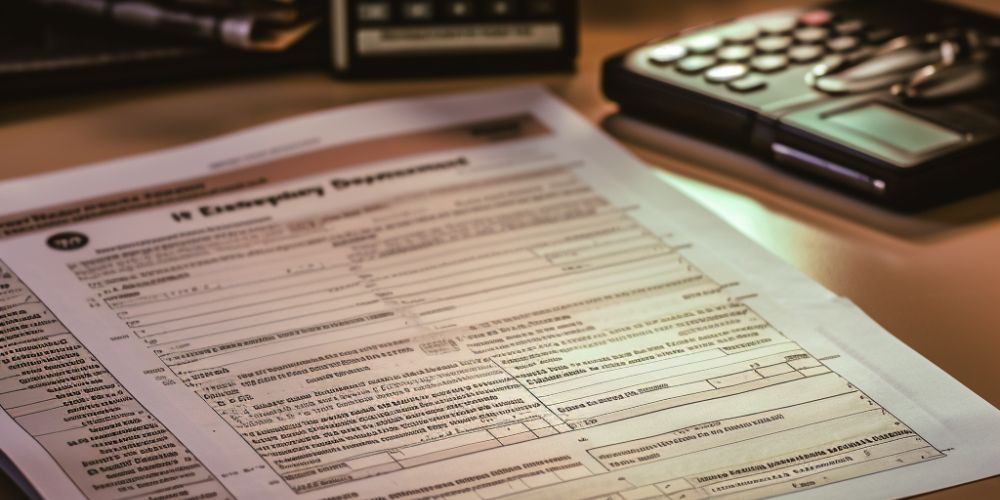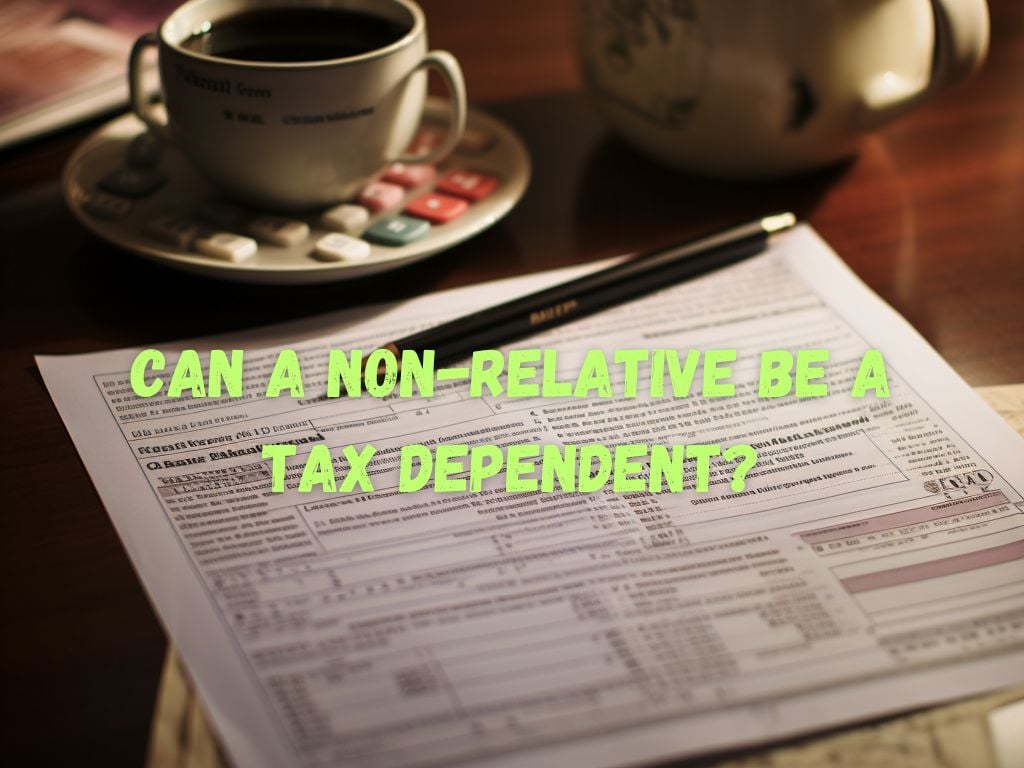When it comes to filing our taxes, understanding the rules and qualifications for claiming dependents is crucial.
Typically, dependents are immediate family members, such as children or close relatives.
However, there are cases where a non-relative may qualify to be claimed as a tax dependent.
So, can a non-relative be a tax dependent?
In this article, we will dive into the intricacies of dependents, exploring whether non-relatives can be claimed, and the rules and qualifications that apply.
Determining Dependent Eligibility
Before we can determine whether a non-relative can be claimed as a tax dependent, it’s essential to understand the criteria that apply to traditional tax dependents and qualifying relatives.
Traditional Tax Dependents
Requirements for claiming a child as a dependent include age and relationship criteria, as well as meeting the residency and support tests.
Children must typically be under 19 years of age (or under 24 if a full-time student) and must be related to the taxpayer, either as a child, stepchild, foster child, or sibling.

Qualifying Relatives
Suppose an individual does not meet the criteria to be claimed as a traditional tax dependent. In that case, they may still qualify as a “qualifying relative.”
This category extends the definition of dependents to individuals who are not directly related to the taxpayer but meet certain criteria.
To qualify, they must share a principal place of residence with the taxpayer for the entire tax year and rely on the taxpayer for at least half of their financial support.
Can a Non-Relative Be a Tax Dependent?
Yes, in certain circumstances, a non-relative can be claimed as a tax dependent if they meet the residency and support requirements set by the IRS.
By providing accurate documentation and meeting the necessary criteria, individuals may be able to claim non-relatives as dependents on their tax returns.
However, it’s important to understand the specific rules and qualifications that apply to each situation, and to consult with a tax professional for personalized advice.
Non-Relative Dependents: Special Circumstances
While claiming non-relatives as dependents may not be the norm, certain special circumstances can justify their qualification.
Non-Blood Related Dependents
It is possible for friends or non-family members to be claimed as dependents.
For example, let’s consider a scenario where an individual provides housing and financial support to a close friend or roommate due to their difficult financial circumstances.
If the individual fulfills the residency and support requirements, they may be eligible to be claimed as a tax dependent.
In cases where individuals live together in a shared residence but are not married, questions may arise regarding claiming each other as dependents.
While it is not possible to claim a non-spouse as a qualifying child, there may still be situations where the individual meets the criteria as a qualifying relative.
Dependents with Multiple Claimants
Addressing situations where multiple parties attempt to claim the same dependent can be complex.
The IRS has established specific rules to determine who can claim the dependent when faced with such situations.
Factors such as identifying the primary caregiver or support provider can come into play. It is essential to understand these rules and make adjustments to maximize tax benefits while avoiding potential conflicts with the IRS.

Documentation and Tax Reporting
When claiming non-relatives as dependents, it is essential to provide the necessary documentation to support the claim and ensure accurate tax reporting.
Required Documentation for Non-Relative Dependents
Gather all relevant paperwork, such as proof of residency and financial support, before filing your taxes.
Documentation may include a shared lease agreement, utility bills, bank statements showing shared expenses, and any other documents that demonstrate the non-relative’s reliance on the taxpayer for financial support.
Reporting Dependents on Tax Returns
When it comes to reporting non-relatives on tax returns, different forms may be required depending on the circumstances.
For example, Form 1040 can be used to claim qualifying relatives, while Form 1040A or 1040EZ might be used for traditional tax dependents.
Ensure accurate and thorough completion of these forms, providing all requested information regarding the non-relative dependent.
Frequently Asked Questions
Can I claim a non-relative as a dependent if they live with me?
Yes, if the non-relative meets the residency and support requirements, they may qualify as a tax dependent.
What if my non-relative dependent has their own income?
Even if the non-relative has their own income, they can still be claimed as a dependent as long as they rely on the taxpayer for more than half of their support.
Can I claim a non-relative who is a student?
Yes, students can qualify as dependents, regardless of their relationship to the taxpayer, as long as they meet the necessary criteria.
Are there any disadvantages to claiming a non-relative as a dependent?
There aren’t inherent disadvantages to claiming a non-relative as a dependent. However, factors such as financial responsibility and potential impact on financial aid eligibility should be considered.

How does claiming a non-relative affect financial aid eligibility?
Claiming a non-relative as a dependent may affect their eligibility for certain types of financial aid. It’s important to consult with a financial aid advisor or conduct proper research to understand the potential consequences.
Conclusion
While it is more common to claim immediate family members as tax dependents, under certain circumstances a non-relative may qualify.
Understanding the rules and qualifications for claiming non-relatives is integral to ensuring accurate tax reporting and potentially maximizing deductions.
By adhering to the guidelines set forth by the IRS and providing the necessary documentation, individuals may claim non-relatives as dependents, keeping in mind the unique circumstances that may apply.
Always consult with a tax professional for specific advice tailored to your situation, as each case may have its own complexities and nuances.


 Tags:
Tags:










